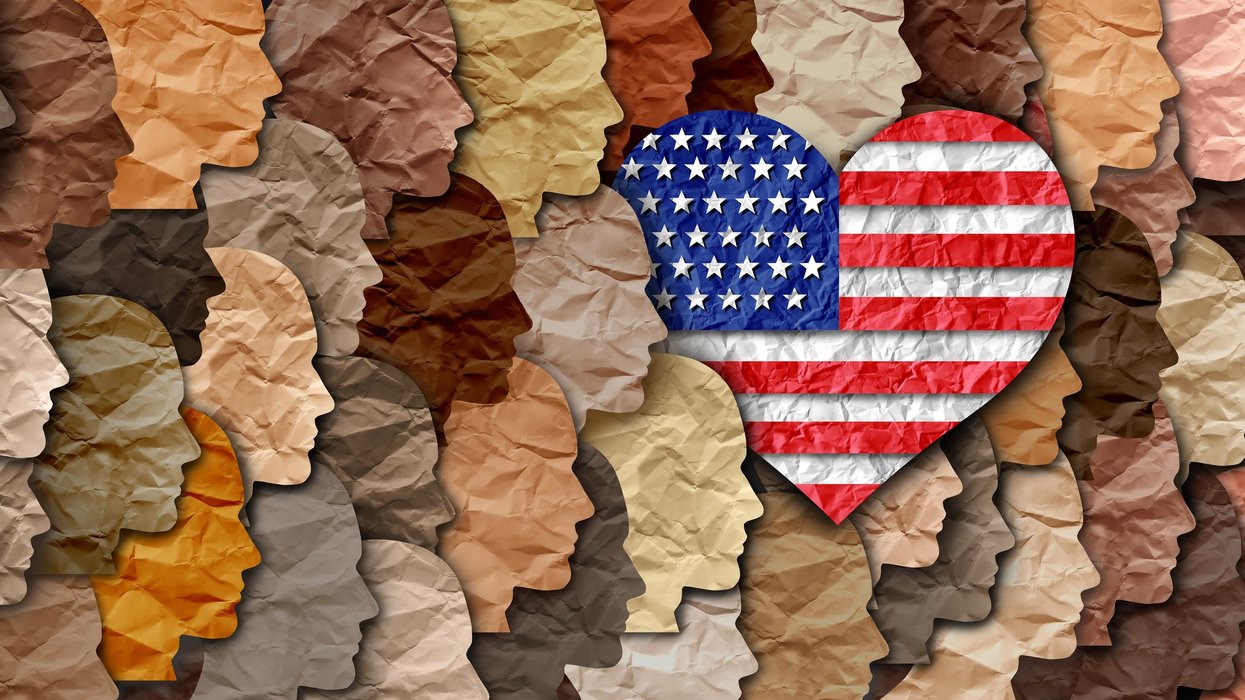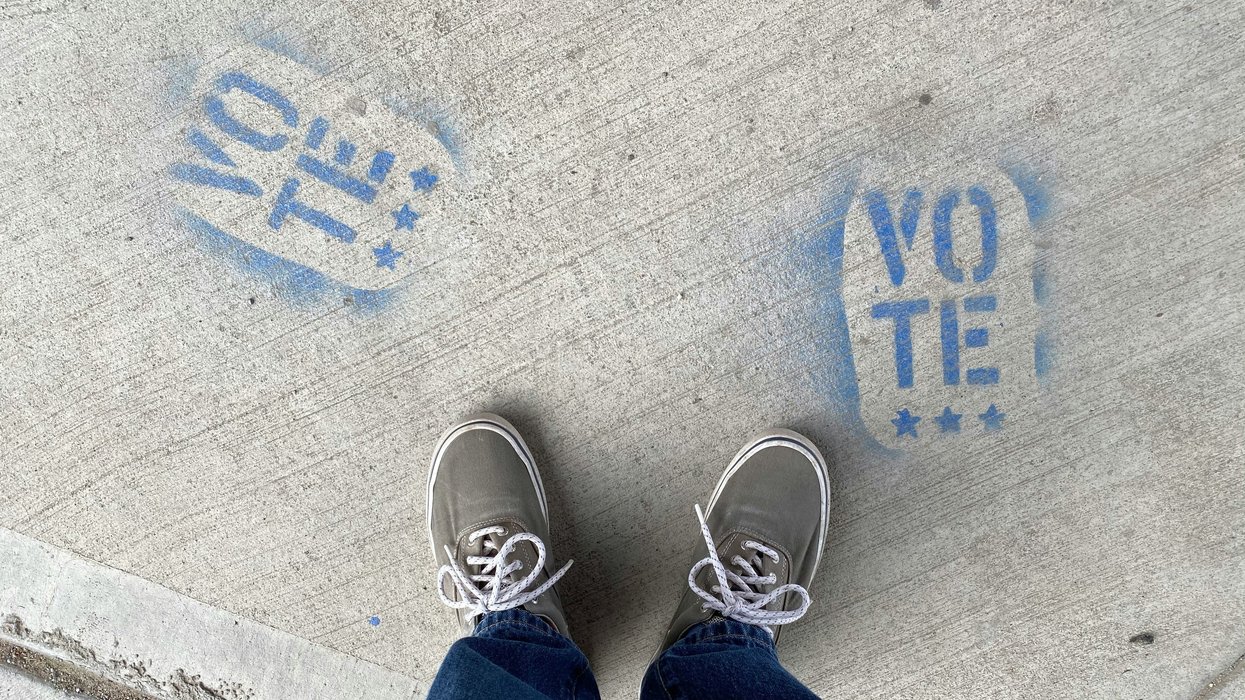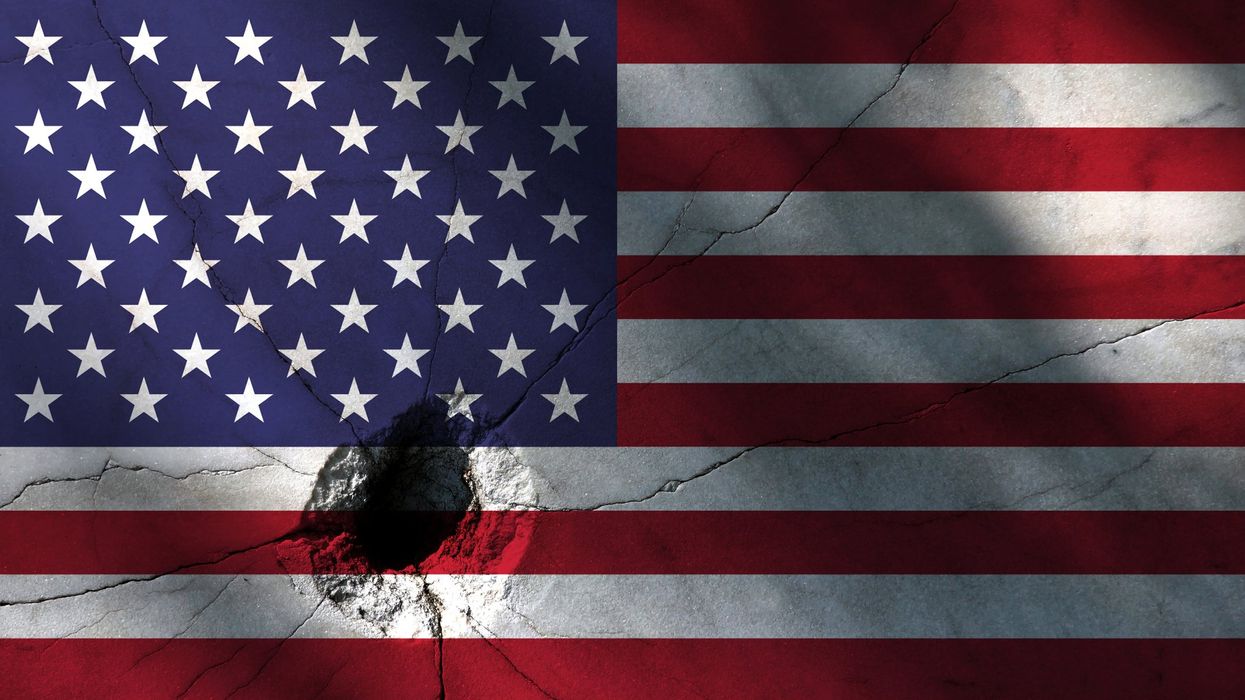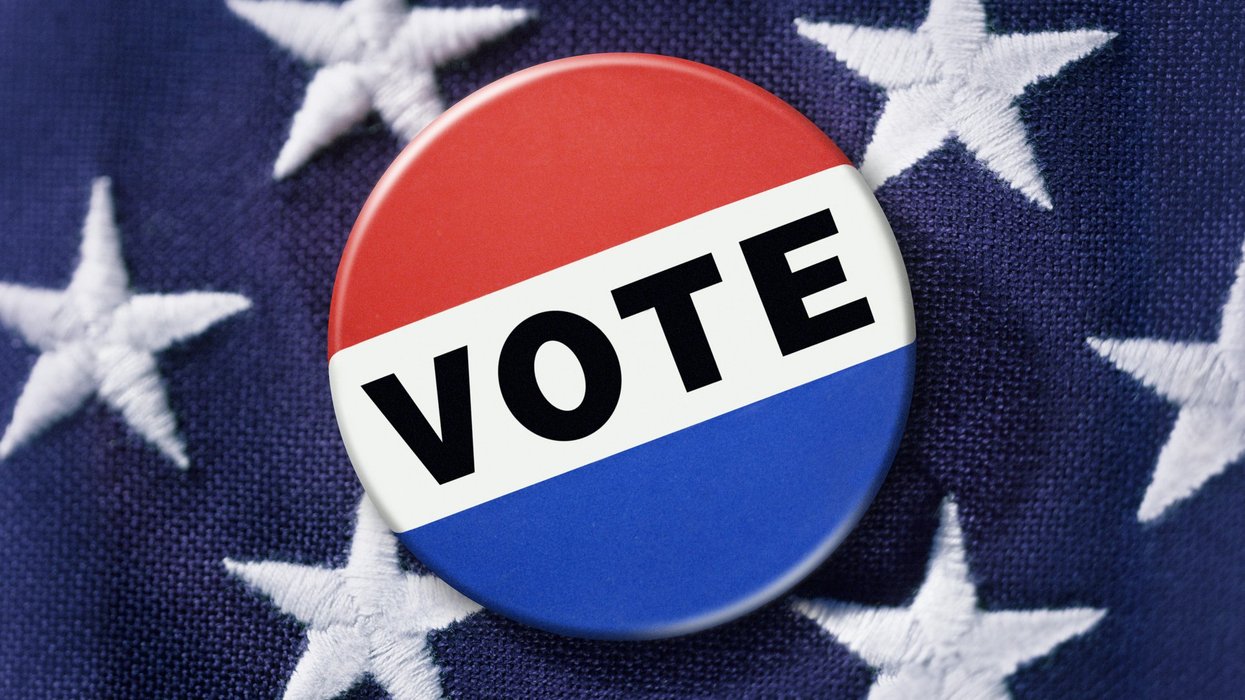It ended up as a second-tier dispute in the legal battle over Wisconsin's election, but now it's been revived with potentially more prominence. The question: Is it fair, or even constitutional, to require voters during the pandemic to get close to someone who can countersign their mail-in ballots?
A federal appeals court this month refused to suspend Wisconsin's witness rule, saying the potential for fraud outweighed the risks of spreading Covid-19 during close contact over absentee ballots.
The same argument will now be revisited in Virginia. The American Civil Liberties Union asked a federal judge Friday to block a similar law in Virginia, one requiring voters to find someone to witness them completing their absentee ballots.
The lawsuit, filed on behalf of three voters and the League of Women Voters, argues the law will otherwise force people who live alone or can't get to a polling place to choose between skipping the presidential election and risking their health. And the result, the claim says, could be "massive disenfranchisement" in both the June 23 congressional primaries and in November — especially of the almost one-third of Virginians older than 65 who live alone, and are in the age group most vulnerable to the novel coronavirus.
Sign up for The Fulcrum newsletter
State officials signaled a response to the ACLU's filing was possible.
"Free and fair elections are at the core of our democracy and no Virginian should have to choose between their health and exercising their right to vote," said Charlotte Gomer, a spokeswoman for Democratic Attorney General Mark Herring.
Ten other states have such witness requirements. Virginia, Wisconsin and North Carolina are the only purplish 2020 battlegrounds. Rhode Island is the only blue state on the roster, which otherwise includes reliably red Alabama, Alaska, Louisiana, Mississippi, Missouri, Oklahoma and South Carolina.
Virginia's law is one of the most explicit. It says a voter who submits an absentee ballot by mail must open the envelope containing the ballot in front of another person, fill out the paper and then ask the witness to sign the outside of the envelope before it is mailed.
The state permits people to get such a ballot without having an excuse, and about 10 percent of its votes have been cast absentee in most recent elections.
The lawsuit is part of a broader campaign in courthouses across the country, by Democrats and their allies in the civil rights and voting rights communities, to use the public health crisis as a lever to ease restrictions on voting this year.
Although some Republican governors have decided to ease the rules in their states, many GOP elected officials are following President Trump's lead and opposing any loosening of restrictions on the grounds that would spur election fraud. But there is minimal evidence, at best, of such crimes.
"It's just another attempt by the Democrats to make voter fraud easier," said John March, a spokesman for the Virginia GOP.





















